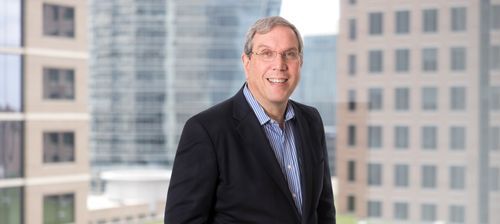Speaking Engagement
Jeffrey Kessler and Scott Sherman Speak on “The Future of the NCAA” at Harvard Law’s Sports Law Symposium
Speaking Engagement
April 16, 2024
Winston partner Jeffrey Kessler and associate Scott Sherman recently spoke at the Harvard Law School Committee on Sports and Entertainment Law’s Sports Law Symposium. Their panel, “The Future of the NCAA,” focused on the decision in NCAA v. Alston and its prominent role in shaping the college sports landscape.
Key Takeaways:
- Scott and Jeffrey discussed their experience litigating (and for Jeffrey, arguing) NCAA v. Alston before the U.S. Supreme Court and the strategic thinking underlying Plaintiffs’ decisions in that lawsuit. Along with its co-counsel, Winston & Strawn won a 9-0 victory in the landmark antitrust case that prohibited the NCAA from capping the education-related benefits that may be provided to athletes. The decision continues to play a major role in shaping today’s college sports landscape.
- College athletes’ name, image, and likeness (NIL) rights have continued to evolve ever since the NCAA permitted athletes to earn third-party NIL compensation in July 2021. In response to litigation and regular changes in state law, the NCAA has repeatedly updated its guidance on the role that schools and booster collectives may play in helping athletes secure NIL deals. Scott and Jeffrey discussed their experience litigating House v. NCAA in the U.S. District Court for the Northern District of California, an ongoing case which seeks damages for the NCAA’s prior NIL restrictions and the lifting of the NCAA’s remaining NIL-related compensation rules.
- Scott and Jeffrey also discussed additional legal challenges the NCAA is facing, from the Carter and Hubbard antitrust cases (litigated by Winston & Strawn), to the Dartmouth men’s basketball team’s recent unionization vote, to the injunction granted in Tennessee v. NCAA that lifted restrictions on discussing NIL with high school and transfer portal recruits. Scott and Jeffrey provided their predictions for what the future of the NCAA could look like in light of these varied legal challenges to the amateurism model.


